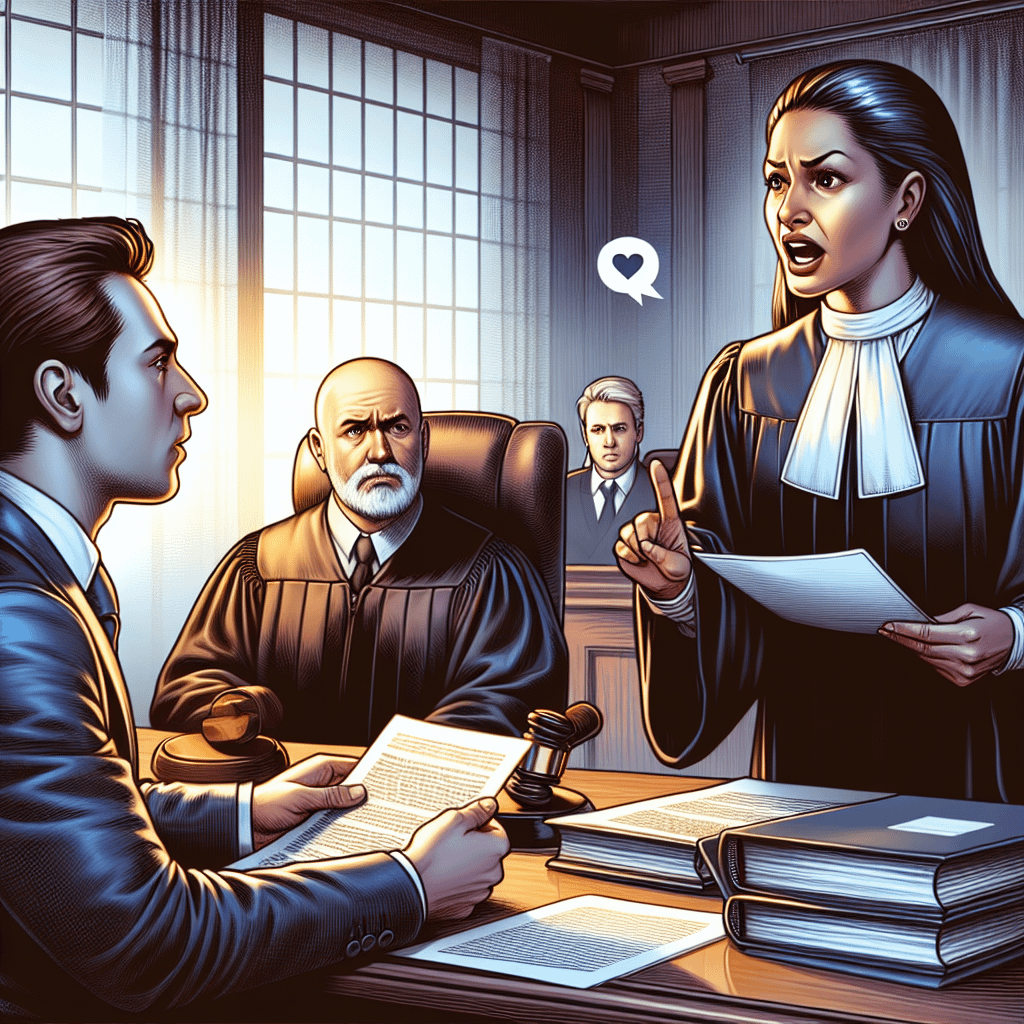In today’s digital age, misinformation can spread like wildfire. Whether it’s through social media, blogs, or other online platforms, unfounded rumors can quickly tarnish your reputation. If you find yourself the subject of false, damaging rumors online, you may wonder, “Is there anything I can do about this?” The answer: you might be able to sue for defamation. Let’s walk through what that means and what steps you could take.
Understanding Defamation:
Defamation involves making a false statement about someone that injures their reputation. It can be split into two categories: libel (written statements) and slander (spoken statements). Online defamation generally falls under libel because it involves written content.
What Needs to Be True for It to Count as Defamation?
1. False Statement: The statement must be false. Opinions, even if offensive or harsh, aren’t considered defamation. For instance, if someone writes, “I don’t like Alex’s work,” it’s likely considered an opinion. However, stating, “Alex stole money from their employer,” if false, could be defamation.
2. Published to a Third Party: The false statement must be made public. If someone emails you directly with the false claim, it’s not published; but if it’s on a blog or social media, it is.
3. Injury: You need to show that the statement harmed your reputation. This could mean losing a job, clients, or suffering other tangible impacts.
4. Fault: Depending on your status, you need to show negligence or actual malice. Public figures, like celebrities or politicians, have to prove that the person who made the statement knew it was false or showed reckless disregard for the truth. For private individuals, showing that the statements were made negligently is usually sufficient.
Steps to Take If You Believe You’re a Victim of Defamation:
1. Document Everything: Capture screenshots of the false statements and any responses or shares. This includes timestamps and URLs, which are crucial for proving your case.
2. Understand the Context: Consider whether the audience could interpret the statement as a fact. Sometimes, statements online can be hyperbolic or satirical, which might weaken a defamation claim.
3. Cease and Desist: Sending a cease and desist letter can be a useful first step. This can make the other party stop the defamatory actions without proceeding to court.
4. Consult a Lawyer: Defamation cases can be complex, and laws vary by country and even states or provinces. A legal professional can assess your case, help gather evidence, and guide potential legal actions appropriately.
5. Consider the Consequences: Legal battles can be lengthy and costly. It’s important to evaluate whether it’s worth pursuing from a financial and emotional standpoint.
Real-World Example:
Imagine Jane, a local business owner, discovers a blog post falsely accusing her of fraudulent business practices. The post goes viral, resulting in a plummet in her sales. Jane screenshots the blog post, noting its URL and publication date. She then contacts a lawyer who specializes in defamation cases to explore her options, including a cease and desist letter to the publisher.
Additional Tips:
- Avoid Engaging Publicly: Fighting back online could escalate the situation. Instead, a measured approach often works best.
- Set Privacy Controls: Protect your online presence through privacy settings to reduce the spread of false information.
- Address Misinformation Proactively: In some situations, issuing a brief, factual statement to correct misinformation may help control the narrative.
In summary, while the prospect of suing for defamation can seem daunting, you’re not without options. By understanding the essentials and taking informed steps, you can protect your reputation from unwarranted online attacks. Remember, while the internet can be a breeding ground for rumors, it’s also a space where the truth can be powerfully voiced.








